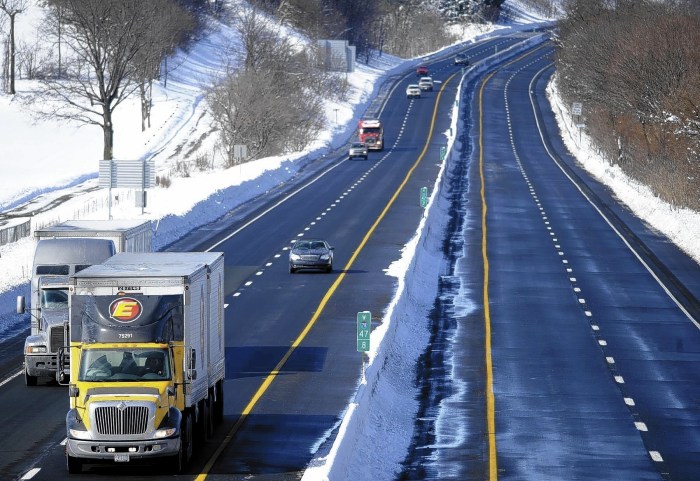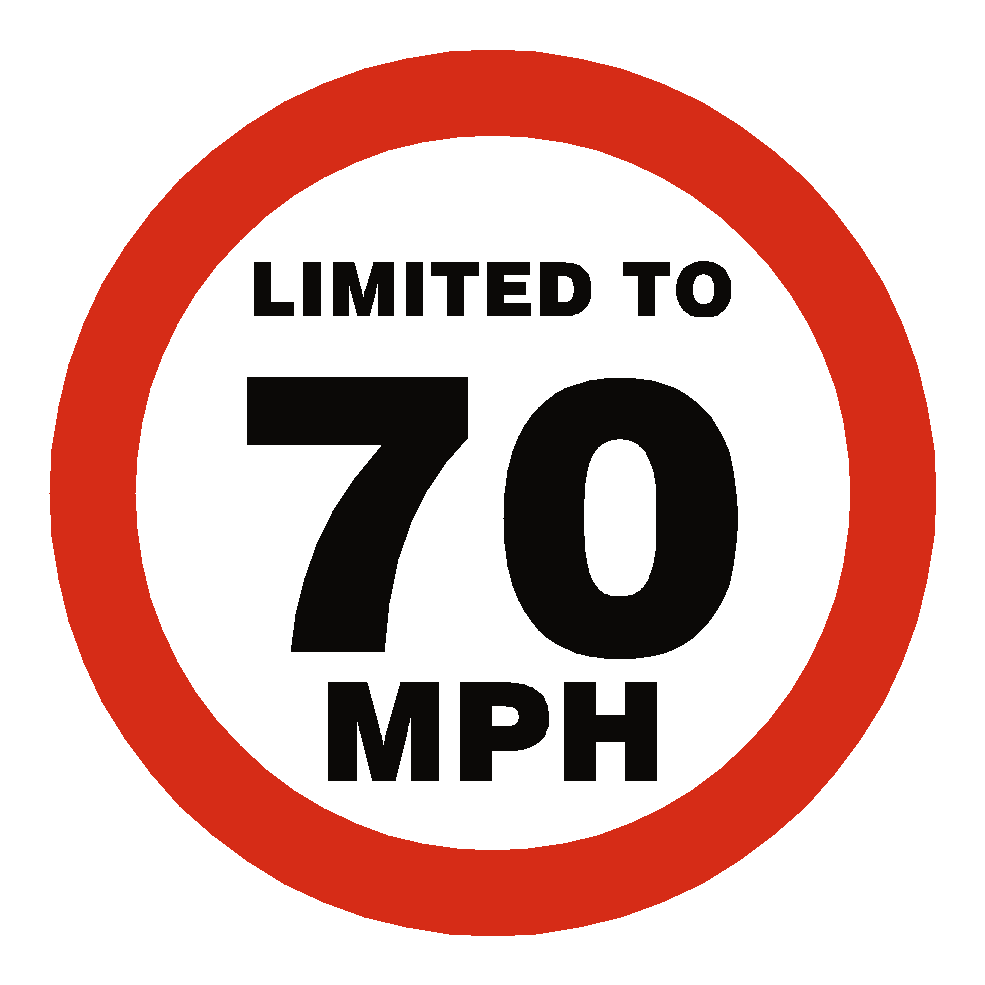What operating speed is prohibited under ohio law – Ohio law strictly regulates vehicle operating speeds to ensure the safety of drivers, passengers, and pedestrians. Understanding the prohibited operating speeds in Ohio is crucial for responsible driving and avoiding legal consequences. This comprehensive guide delves into the legal speed limits, prohibited operating speeds, exceptions, enforcement, and penalties associated with speeding violations in the state of Ohio.
Operating Speed Limits

In Ohio, the legal speed limits vary depending on the type of vehicle and the road conditions. The following table summarizes the speed limits for different vehicle types and road conditions:
| Vehicle Type | Speed Limit (mph) | Road Conditions |
|---|---|---|
| Passenger cars | 65 | Interstate highways |
| Passenger cars | 55 | Other highways |
| Passenger cars | 25 | Residential and business districts |
| Trucks | 55 | Interstate highways |
| Trucks | 50 | Other highways |
| Trucks | 25 | Residential and business districts |
Prohibited Operating Speeds

Under Ohio law, a “prohibited operating speed” is defined as a speed that is greater than the posted speed limit or that is unsafe for the existing conditions. Exceeding the prohibited operating speed is a traffic violation that can result in fines, points on your license, and even jail time.
Examples of situations where the prohibited operating speed may apply include:
- Driving at a speed that is too fast for the road conditions, such as when it is raining or snowing.
- Driving at a speed that is too fast for the traffic conditions, such as when there is heavy traffic.
- Driving at a speed that is too fast for the type of vehicle you are driving, such as when you are driving a large truck or a motorcycle.
Exceptions to Prohibited Operating Speeds: What Operating Speed Is Prohibited Under Ohio Law

There are a few exceptions to the prohibited operating speeds in Ohio. These exceptions include:
- When you are responding to an emergency.
- When you are driving a vehicle that is authorized to exceed the speed limit, such as a police car or an ambulance.
- When you are driving on a road that has a higher posted speed limit.
Enforcement of Prohibited Operating Speeds
Prohibited operating speeds are enforced by law enforcement officers who use radar guns and other devices to measure the speed of vehicles. If you are caught exceeding the prohibited operating speed, you may be issued a ticket and fined. The amount of the fine will depend on the severity of the violation.
Helpful Answers
What is the general speed limit on highways in Ohio?
The general speed limit on highways in Ohio is 70 mph.
What is the penalty for exceeding the prohibited operating speed in Ohio?
The penalty for exceeding the prohibited operating speed in Ohio depends on the severity of the violation and the driver’s driving record. Penalties may include fines, license suspension, and even jail time.
Are there any exceptions to the prohibited operating speeds in Ohio?
Yes, there are a few exceptions to the prohibited operating speeds in Ohio. These exceptions include emergency vehicles, vehicles engaged in construction or maintenance work, and vehicles operating under a special permit.